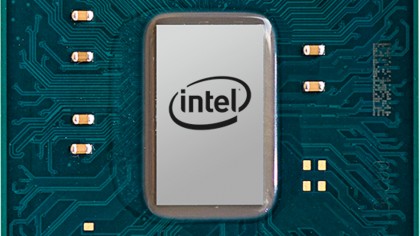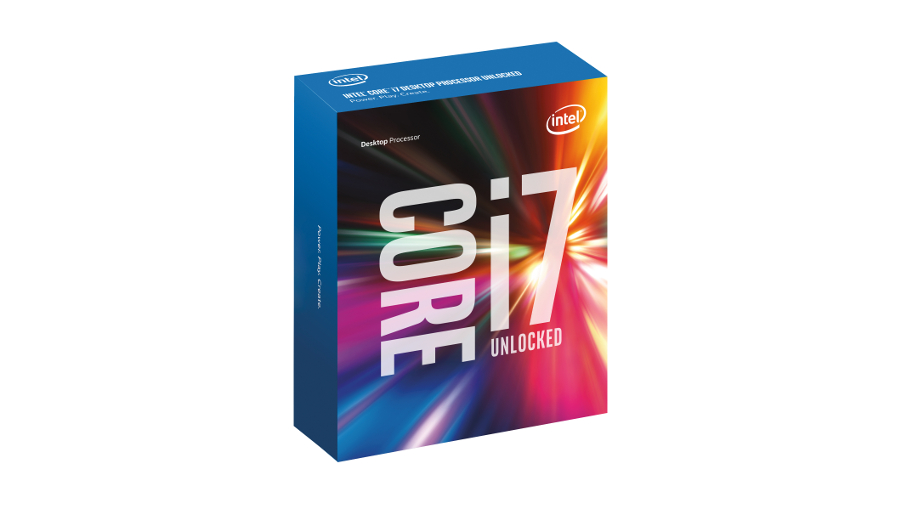Why you can trust TechRadar
The two obvious solutions to this problem, of course, are clockspeed and cores. Faster clocks or more cores would give added punch even if the cores themselves remained essentially the same. The problem is that Intel gave up chasing clockspeed a decade ago and it's simply not under enough pressure from AMD to force it to add more cores to its mainstream chips.
Indeed, some would argue more cores wouldn't help much in most apps including games. But we're not so sure. Build it and they will come has been an effective policy for the PC in years gone by. If six cores for gamers became the norm, game developers would make use of them.
But never mind that. So far, we've painted a picture of an unexciting CPU that's part of a fairly broken CPU launch schedule from Intel. Where the hell does the excitement come in? Platform details and overclocking are the answers.
For starters, Intel has doubled the performance of the DMI interface that links the chipset to the CPU. That means you can hook up a really fast M.2 SSD with four PCI Express lanes to the chipset and get the maximum possible performance out of it. Yay.

Massive potential
But the best bit involves overclocking. There are a few changes that are significant and for the most part they are really good news. For starters, there's no more baseclock strap, so you have full access to baseclock overclocking. In other words, on paper you can overclock these things via the bus like the good old days of the LGA775 socket and earlier.
Then there's the voltage regulator that's been taken off the CPU and put back on the motherboard, giving finer control of voltages for different sections of the chip. Finally, don't forget those 14nm transistors, they should be hot for some overclock trot, no?
In the case of this 6700K, the full overclocking potential isn't that spectacular. We've got two 6700K CPUs in-house and one hit 4.8GHz, the other 4.6GHz, albeit the latter was on a different motherboard, which could skew the results, especially as the motherboard is now responsible for voltage regulation.
What's really exciting is that we achieved the same overclocking results using the baseclock as the CPU multiplier. So here's the bombshell – this could mean that the days of buying a cheaper chip and clocking the twangers off it could be about to return. For now, the jury is out. And the 6700K itself isn't hugely exciting. But what it hints at for possible cheaper Intel processors in the near future is utterly tantalising.
Technology and cars. Increasingly the twain shall meet. Which is handy, because Jeremy (Twitter) is addicted to both. Long-time tech journalist, former editor of iCar magazine and incumbent car guru for T3 magazine, Jeremy reckons in-car technology is about to go thermonuclear. No, not exploding cars. That would be silly. And dangerous. But rather an explosive period of unprecedented innovation. Enjoy the ride.
